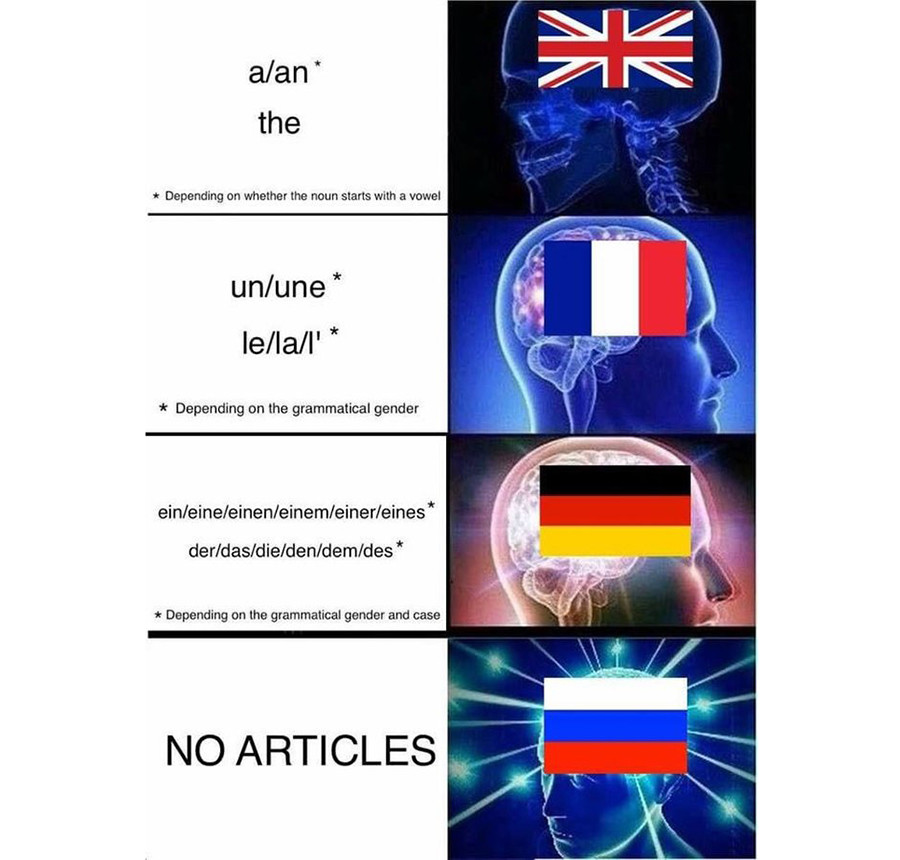GandiBaat
VIP Member
- Dec 23, 2014
- 3,007
- NOC Code......
- 2173
- App. Filed.......
- 26th September 2021
- Doc's Request.
- Old Medical
- Nomination.....
- None
- AOR Received.
- 26th September 2021
- IELTS Request
- Sent with application
- File Transfer...
- 11-01-2022
- Med's Request
- Not Applicable, Old Meds
- Med's Done....
- Old Medical
- Interview........
- Not Applicable
- Passport Req..
- 22-02-2022
- VISA ISSUED...
- 22-02-2022
- LANDED..........
- 24-02-2022
Hello USA! You map is in another castle! Down south!Hey guys, will you support me if I become Conservative?
-Lower taxes
-Support Oil and gas industry
-Build more housing
-Punish Foreign home buyers + hedge fund real estate speculators
-Less regulation.
This is a Canada i could live in



